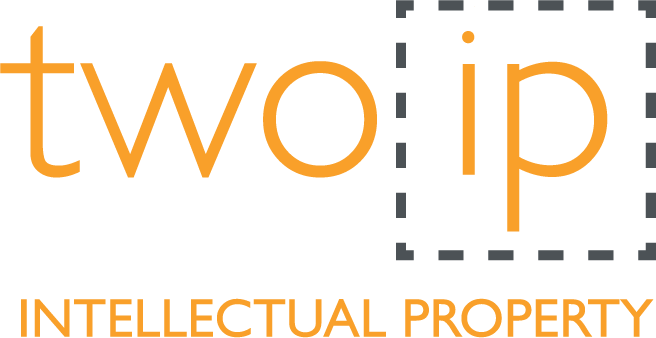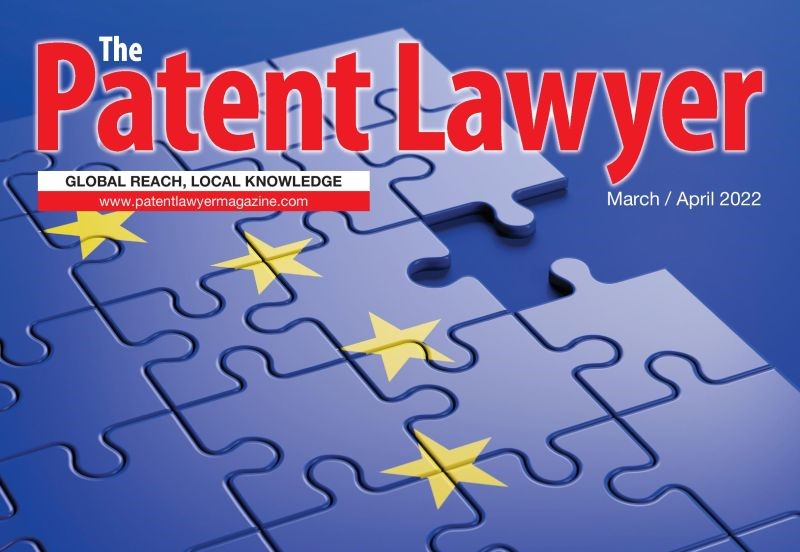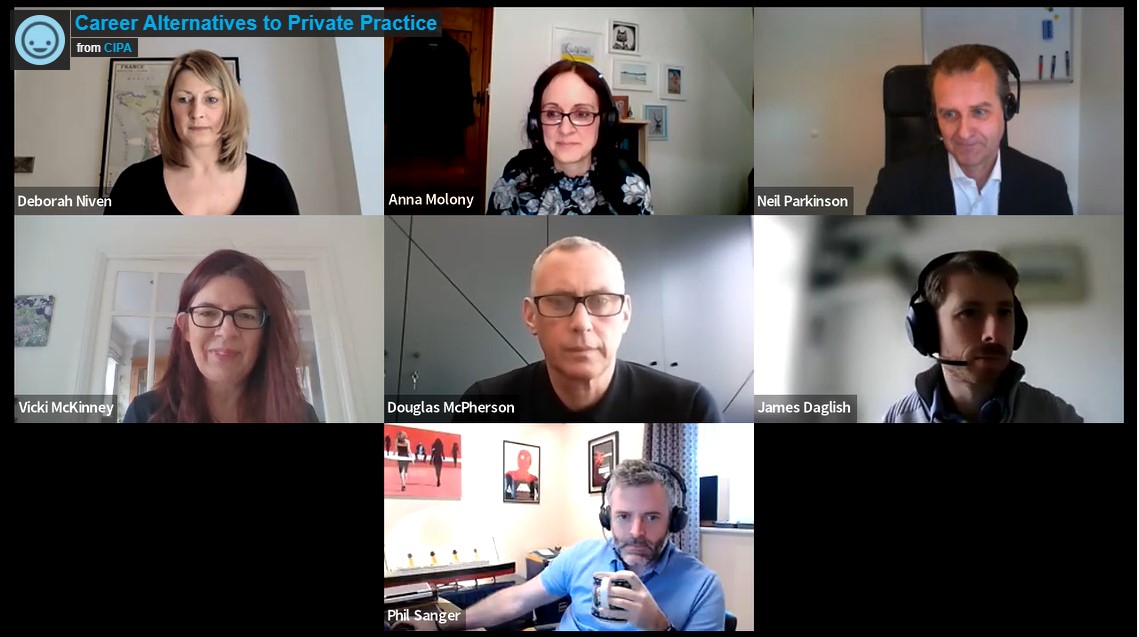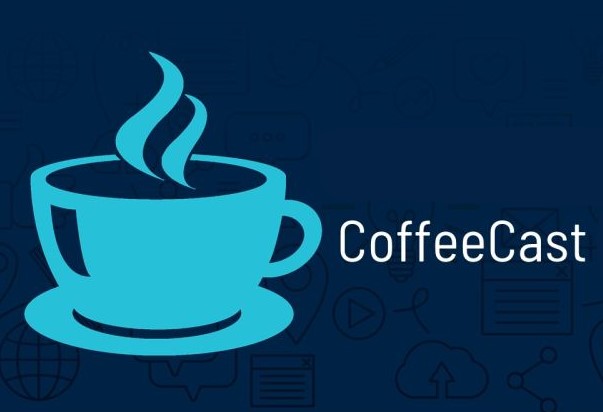Two IP’s Dr Anna Molony was part of an expert panel at a recent CIPA webinar – Career Alternatives to Private Practice.
The purpose of the event was to provide insights and experiences about different career paths patent attorneys can take in the profession
It included perspectives from attorneys working in-house, those who have set up their own firm and viewpoints from people who have work as consultants in ‘new consultancy model’ firms.
This article summaries some of the different options discussed by the panel:
In-house
Neil Parkinson from Ericsson shared his experience of working in-house and how he has found it offers the ability to work across a wide variety of technologies and projects. Working inside an organisation like this means that he doesn’t have the same requirements in terms of billing targets or client development.
In a company like Ericsson, the work is varied and seen as a key strategic part of the business but that isn’t the case everywhere. It would be important to understand the value that is attached to IP in a firm if you were considering an in-house role.
Companies like Ericsson do offer a lot in term of flexibility but clearly not to the same level of freedom that you have when working for yourself.
The advice from the panel when considering in-house roles is to ensure that the work is going to remain interesting, that there is a good team in place that you can feel part of, and that IP is seen commercially important.
Setting up your own firm
For some attorneys this can feel like a very attractive option. It can offer a level of autonomy and it provides the ability to build a firm in the way that suits them. It can however create additional responsibilities and stress especially if that firm grows and begins to take on employees.
Phil Sanger who has recently started a firm on his own after leaving the previous firm that he founded, said working for yourself is exciting and helps to teach you a lot about running a business which you don’t see in private practice or when working in-house. This learning curve can be hugely rewarding and fulfilling. It can also be very stressful though, and can result in working long hours. Both Phil and Anna, who has also founded two firms before developing Two IP, said that there is a lot more to running a patent and/or trade mark firm than you first think and as the business owner it is up to you to do all of the business admin. This often means that you are taken away from doing the client work you enjoy, and instead are required to focus on the back-office and management work that running a business requires.
Consultant at a ‘new consultancy model’ firm
New consultancy model firms have developed and operate very successfully in other areas of the legal profession. Two of the experts on the panel are consultant solicitors at two law firms that operate the new consultancy model and were able to share their experiences of this new breed of firm. Deborah Niven from Gunnercooke and James Daglish from Keystone Law both discussed their appreciation of the freedom that working as a consultant at this new type of firm gives them. This freedom goes beyond office flexibility. They are in complete control of how and when they work, which allows them to manage their lives much more easily than they did before.
As with any self-employed position, it does require a leap of faith and a confidence that you will find clients but neither of them had found that to be an issue. Having the support of the central infrastructure, systems and network has allowed them to focus on doing the work they enjoy and bringing clients on board, without the constraints of being employed.
Two IP operates a very similar model to Gunnercooke and Keystone Law, but for the patent and trade mark profession, said her experiences were the same. The new consultancy model with its fee share structure means that attorneys can earn the same or even more than in private practice employment but with less work. The reason she founded Two IP was to give patent and trade mark attorneys the ability to benefit from this way of working.
A recording of the webinar can be found on the CIPA website here and is free to access for CIPA members – just click on ‘Purchase Past Recording Access’ and login to the CIPA website.
If you are a patent or trade mark attorney interested in finding our more about how being a consultant at Two IP works, then you can find all the details here.



